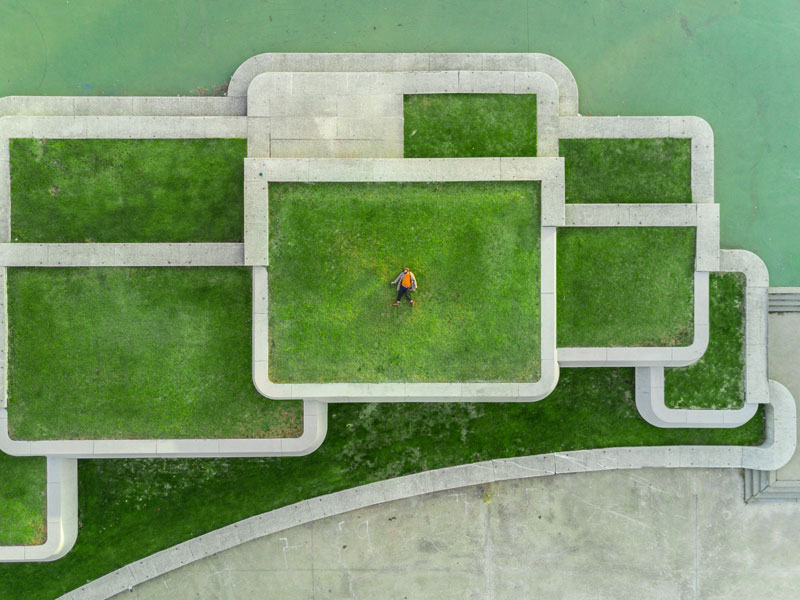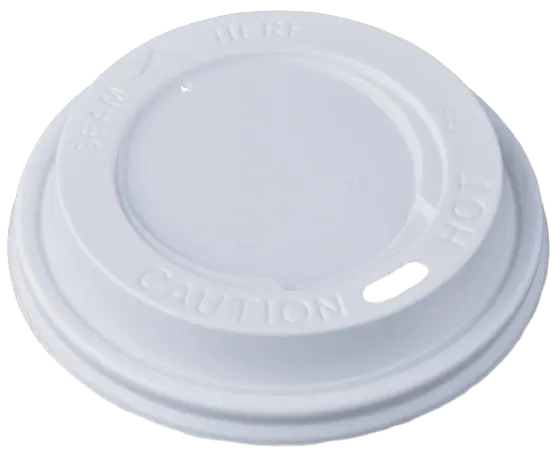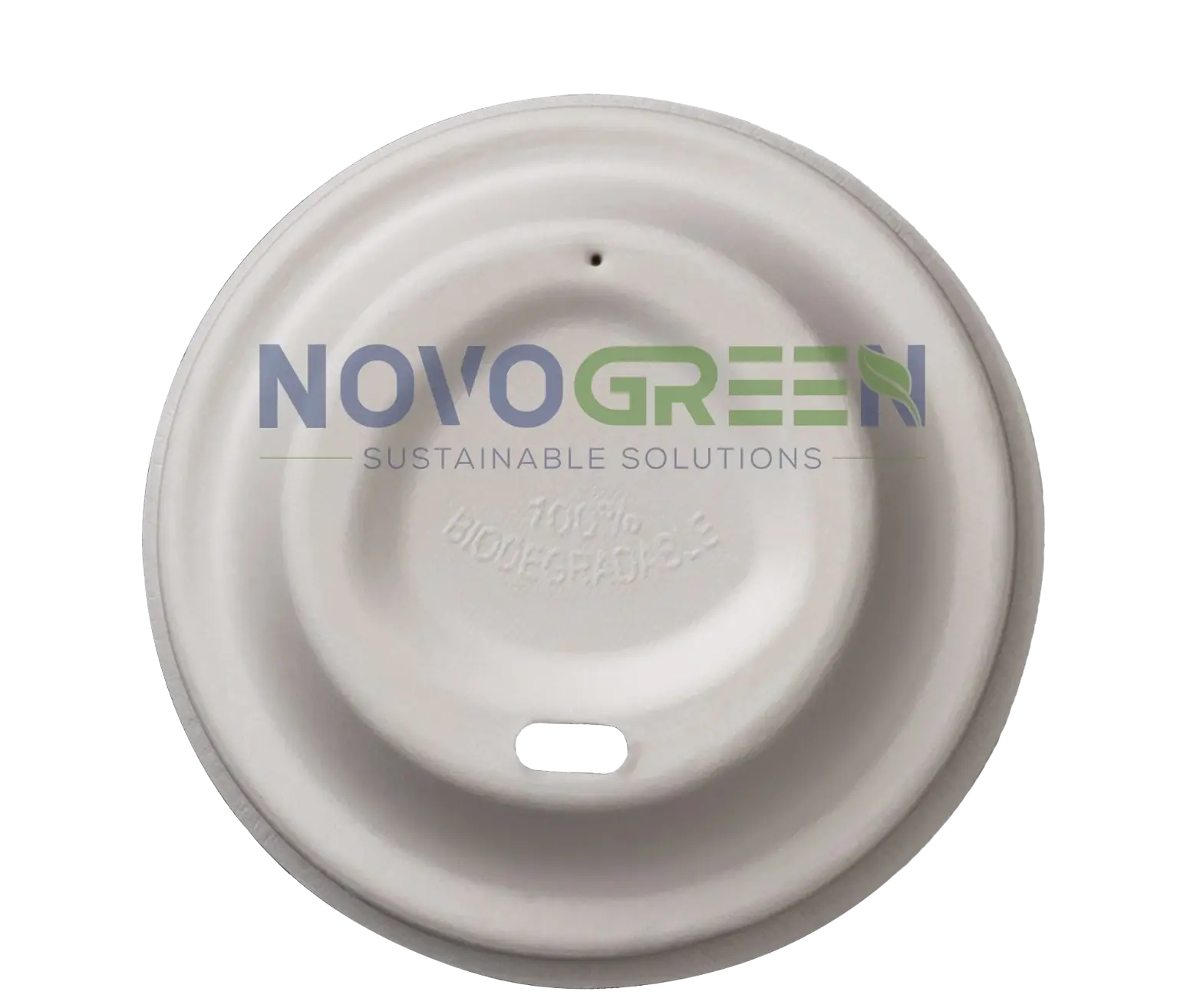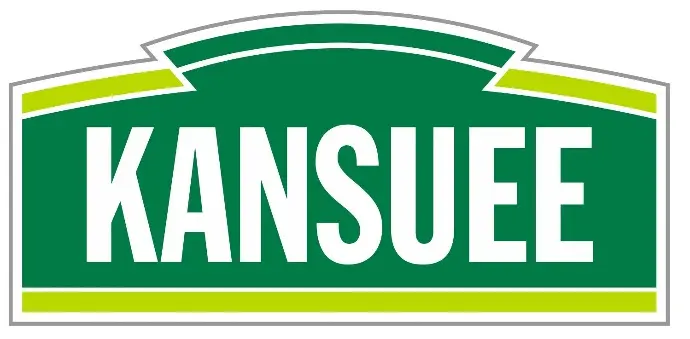Changing the world is possible.
We’ve done it before.

Sustainable Habitat Model
We create sustainable habitats with a minimal environmental footprint and a positive impact on local communities.

Sustainable Gardening
Learn how to use sustainable gardening methods to grow fresh and healthy food in your own garden.

Sustainable Gardening
Learn how to use sustainable gardening methods to grow fresh and healthy food in your own garden.
POLYSTYRENE VS. BAGASSE

Did you know that manufacturing 1 ton of polystyrene emits approximately 3.9 tons of CO2 into the atmosphere? In comparison, producing 1 ton of bagasse only results in the emission of around 0.6 tons of CO2. This represents a remarkable reduction of approximately 85% in CO2 emissions when using bagasse as a raw material.
The stark contrast in CO2 emissions between polystyrene and bagasse showcases the significant environmental advantage of utilising bagasse in manufacturing processes. By opting for bagasse-based products, we can effectively reduce our carbon footprint and contribute to the fight against climate change.
Bagasse, the fibrous residue left after extracting juice from sugarcane, is a renewable and abundant resource. By transforming this agricultural byproduct into various sustainable products, we can make a substantial positive impact on the environment.
At Novogreen, we are committed to prioritizing sustainability by utilizing bagasse as the primary material for our eco-friendly product range. By choosing our bagasse-based alternatives, you not only contribute to the preservation of the environment but also actively support the reduction of greenhouse gas emissions.
Join us in making a significant difference by embracing bagasse-based products and actively participating in the journey towards a greener and more sustainable future. Together, we can create a healthier planet for future generations while enjoying high-quality, environmentally friendly products.

Polystyrene Lids
Polystyrene lids have long been a popular choice for cup sealing due to their convenience and affordability. However, it's important to note that polystyrene is derived from fossil fuels and has a significant environmental impact. Manufacturing 1 ton of polystyrene emits approximately 3.9 tons of CO2. Moreover, polystyrene is non-biodegradable and can persist in the environment for hundreds of years, contributing to plastic pollution. As an eco-conscious alternative, consider switching to bagasse lids for cups.

Bagasse Lids
Bagasse lids for cups offer a sustainable and environmentally friendly alternative to polystyrene lids. Made from the fibrous residue of sugarcane, bagasse lids are renewable and biodegradable. Manufacturing 1 ton of bagasse emits only around 0.6 tons of CO2, representing a significant reduction in carbon emissions compared to polystyrene. Bagasse lids are also compostable, breaking down naturally into organic matter without causing harm to the environment. By choosing bagasse lids, you can make a positive impact by reducing plastic waste and promoting a greener future. Embrace sustainability with bagasse lids for cups and contribute to a cleaner planet.
Close Collaborations With
We are in good company.





